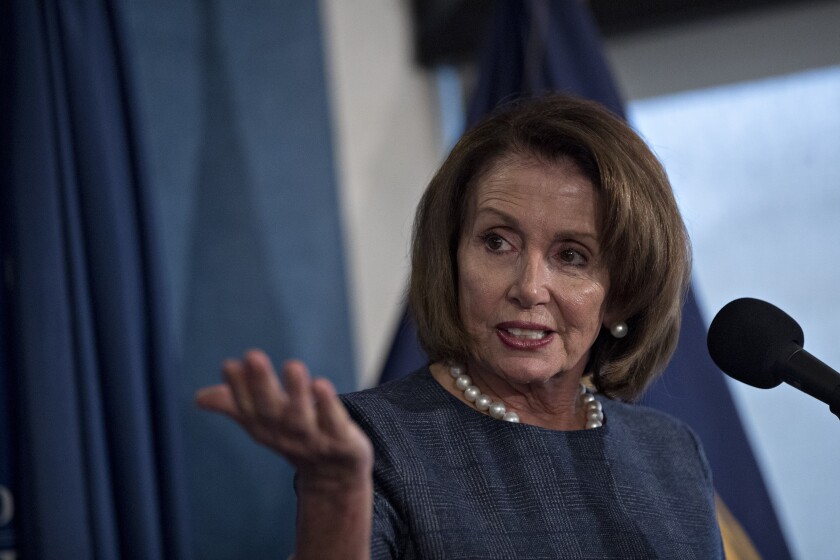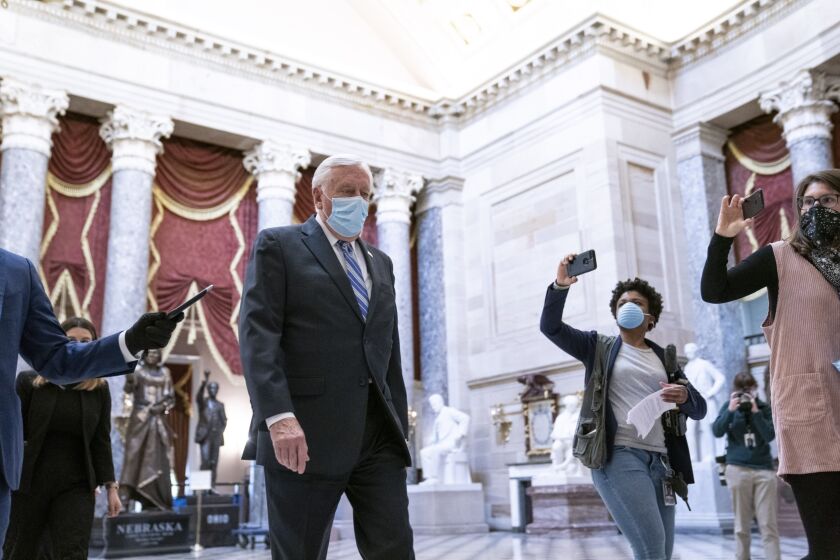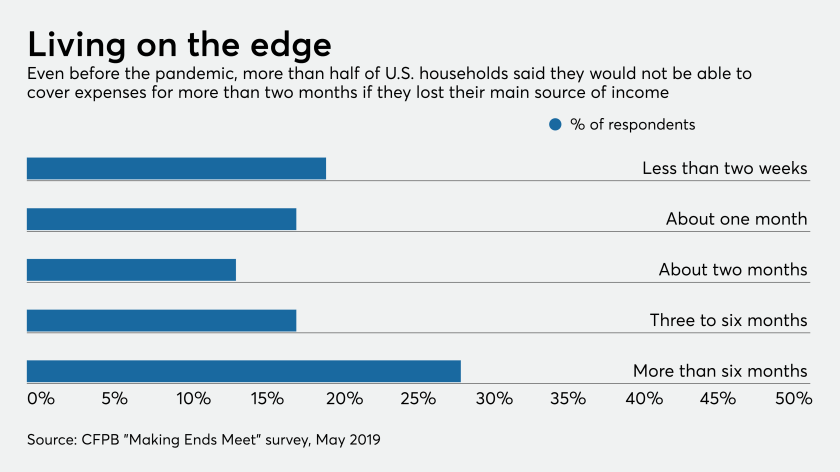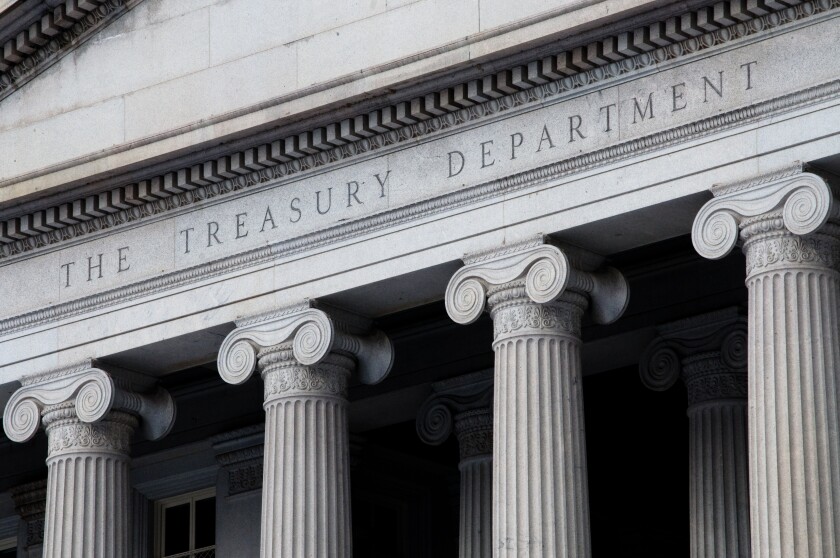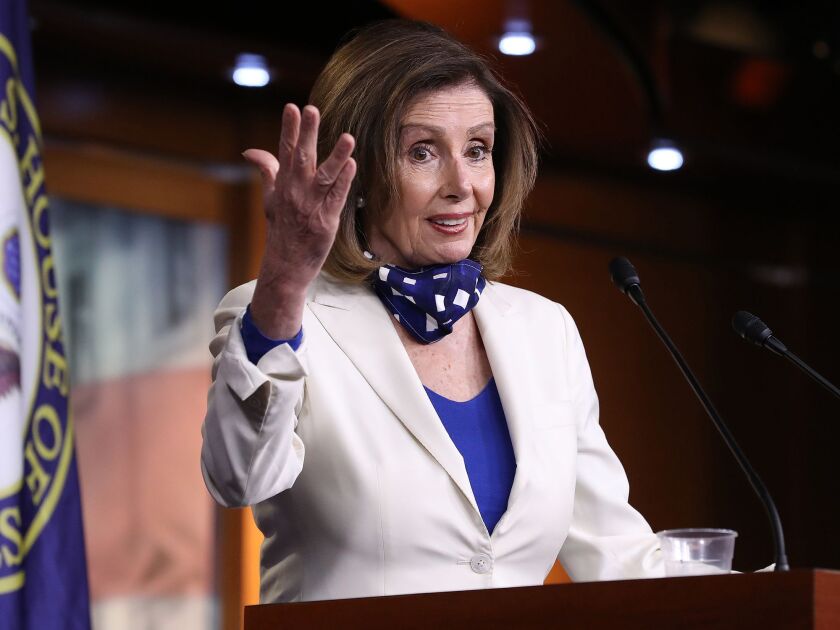Republicans universally rejected a $3 trillion stimulus measure drafted by House Democrats to bolster the U.S. economy, but the draft plan has the seeds for an eventual, smaller compromise.
The head of the U.S. central bank said its emergency credit programs were not designed to prop businesses up over the long term.
The Ohio Democrat's criticism of Rodney Hood, chairman of the National Credit Union Administration, echoed complaints from bankers that the regulator was using the chaos from the pandemic to push through changes.
House Democrats proposed a $3 trillion virus relief bill Tuesday, combining aid to state and local governments with direct cash payments, tax breaks, expanded unemployment insurance and food stamp spending as well as a list of progressive priorities like funds for voting by mail and the troubled U.S. Postal Service.
Padgett Business Services’ Roger Harris suggests some exceptions for employers with fewer than 50 staff.
The proposal would give a safe harbor to financial institutions that work with cannabis companies in states where the substance is legal. But the bill, which would direct $3 trillion in aid to struggling households, businesses and local governments, faces long odds in the Republican-controlled Senate.
Complaints to the bureau hit an all-time high in April. More than one in five said servicers wouldn't grant deferrals, forced borrowers into forbearance or violated other requirements of the coronavirus relief law.
The Internal Revenue Service is giving taxpayers who want to receive their economic impact payments by direct deposit a tight deadline.
The decision, prompted by requests from a bipartisan group of lawmakers, reverses previous IRS guidance.
House Speaker Nancy Pelosi dismissed President Donald Trump’s call for a payroll tax cut and changes in the capital gains tax, saying it wouldn’t help millions of unemployed workers and others struggling in an economy shut down by the pandemic.

